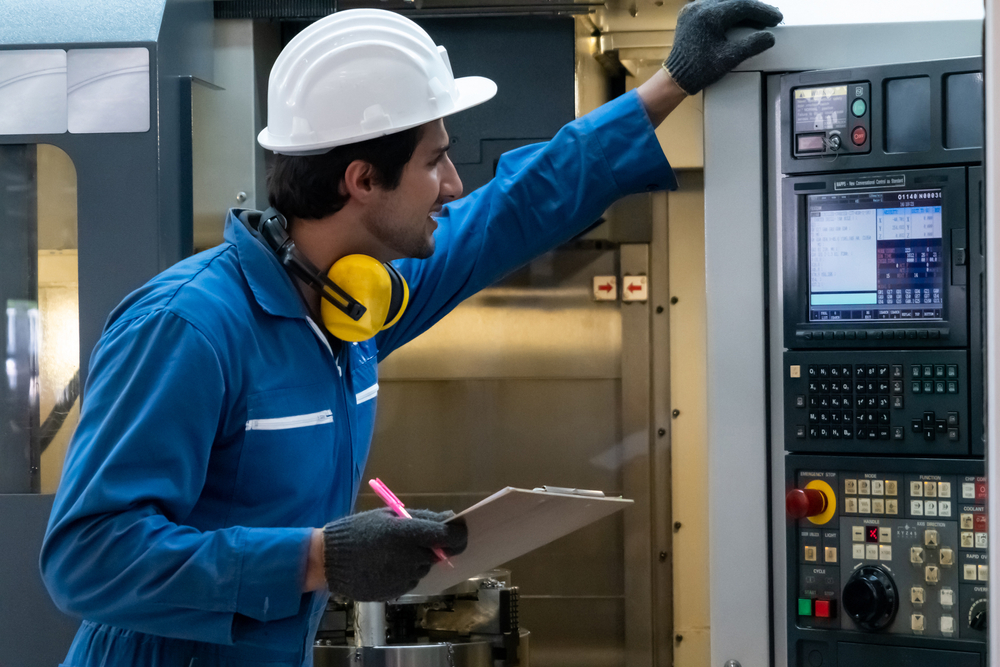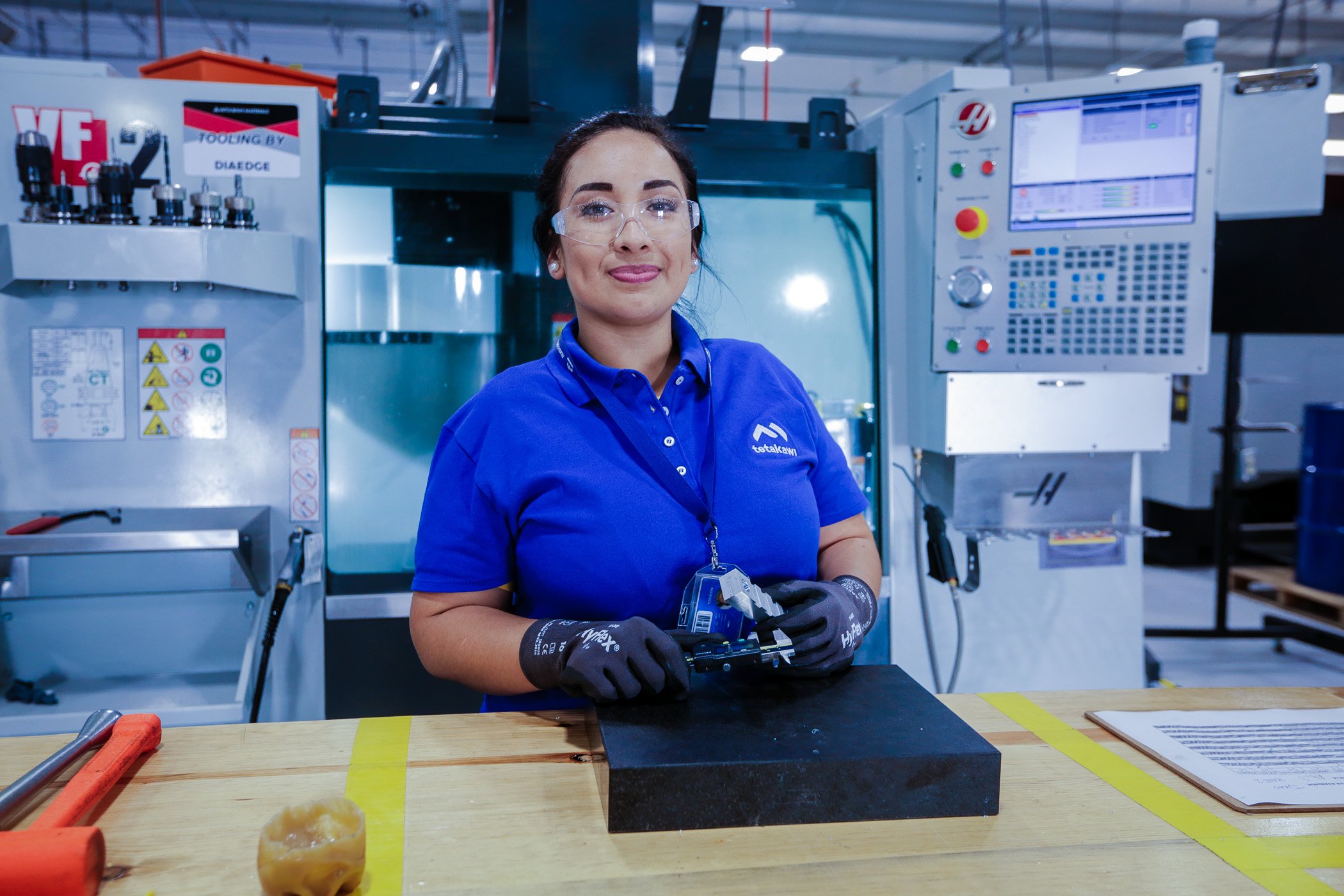There’s a reason that Mexico sees around $30 billion in foreign direct investment (FDI) each year. The federal and state governments work hard to support the ease of doing business in Mexico. This support has grown a robust manufacturing sector that continues to attract companies at every level of the supply chain.
Below you’ll find ten of the most significant ways Mexico supports foreign manufacturers.
1. Few trade barriers
Mexico works hard to attract FDI, in part by simplifying trade with other countries. The country has 14 free trade agreements that support trade with more than 50 countries and more than 60% of the world’s gross domestic product. These agreements reduce import and export trade barriers between the participating countries. Benefits to these agreements include reduced or no tariffs on goods transported across borders.
The most recent of these agreements is the USMCA, which supports cost-effective trade with its largest partner, the United States, by eliminating tariffs on products that meet the 60% rule of origin for content made in North America.
2. Easy to start a business
The World Bank Group highly rates the ease of doing business in Mexico. This rating covers the number of procedures and amount of time it takes for a limited liability company to launch in Mexico, as well as the cost and minimum capital required. The country is also rated highly for the ease of obtaining financing to support this launch.
While most countries have their share of regulatory hurdles to overcome, there are a wide number of professional service firms available to support companies with a launch in Mexico.
3. Ample tax incentives
Perhaps the biggest asset to companies interested in doing business in Mexico is the IMMEX framework. Through IMMEX, the Mexican government provides foreign companies certain tax breaks to encourage investment in the country. Specifically, foreign manufacturers operating in Mexico are allowed to “temporarily” import production materials—that is, any materials used to manufacture goods that will subsequently be exported—without having to pay taxes and duties on these materials. The resulting goods must be moved out of Mexico within a certain timeframe, or transferred to another IMMEX company, but it’s a benefit that’s made manufacturing in business more cost-effective for many FDIs.
Incentivizing manufacturers to export goods spurred a 99% increase in export trade in just over a decade, growing from $210 billion in 2005 to $419 billion by 2017. It also has encouraged states to offer their own incentives to encourage manufacturer investment as a way to spur local job and infrastructure growth. State economic development agencies across Mexico provide additional incentives.
4. Shelter service providers
Many companies find the IMMEX program’s shelter service model a strong asset for quickly doing business in Mexico. Through this arrangement, a foreign company operates in Mexico under the umbrella of a shelter provider’s legal registration in Mexico. That shelter company serves as the legal entity in Mexico, assuming all legal risk and liability for the manufacturers operating beneath its IMMEX registration.
This arrangement considerably reduces the time to startup. In addition to reducing the time spent navigating regulatory red-tape, but many of these providers offer a full range of services that further speed the time to launch. A shelter service company may provide services ranging from industrial real estate leasing to hiring and payroll support and legal or tax analysis. This arrangement also releases a foreign company from having a permanent establishment status in Mexico.
5. Robust industry network
More than a century ago, Mexico began to support automotive manufacturing, and the result is the development of a strong and still-growing manufacturing sector. In 2019, manufacturing added over $203 billion USD to the country’s GDP. The country’s top five manufacturing sectors include automotive, aerospace, medical devices, electronics, and appliance manufacturing. These sectors support one another by attracting a dense network of suppliers that in some cases service more than one industry, encouraging worker training in shared skillsets, and stimulating the growth of local infrastructure, including research and innovation centers. Greater manufacturing investment only serves to strengthen industrial clusters across the country.
6. Accessibility
There’s a reason that the U.S. is Mexico’s largest trading partner. Yet, manufacturers are increasingly locating further south of the border, taking advantage of Mexico’s strong network of highways, railways, and international airports. This accessibility is a key part of the ease of doing business in Mexico. Of course, U.S. companies aren’t the only ones to benefit. Deep-sea ports on both the Atlantic and Pacific coasts help manufacturers in Mexico easily transport products around the globe.
Still, there’s another aspect to Mexico’s accessibility that makes it a particularly valuable location for U.S.-based companies. Mexico’s location offers the advantage of being within U.S. time zones, a factor that simplifies communication and boosts accessibility to the team running the Mexico plant.
7. Worker training programs
Investments in worker training are a significant benefit of doing business in Mexico. In addition to a large number of higher education institutions geared toward supporting specific industries, the country is home to many vocational training programs. Major investors in Mexico have long supported worker training that benefits the manufacturing sector as a whole. Examples range from the Aeronautical University in Queretaro and the automotive laboratory within the Autonomous University of Querétaro to programs like the Advanced Technology Training Center (CEFTA) that allows manufacturers working within the Roca Fuerte manufacturing community to tailor training to develop worker skills that meet their evolving needs.
8. Low labor costs
It may be a surprise to see low labor costs so low on this list, as it’s one of the first things that many manufacturers consider when evaluating an operation in Mexico. Competitive labor rates are an undeniable benefit of doing business in Mexico. On average, the cost of direct manufacturing in Mexico runs between $2.40 to $3.04, compared to as high as $25.98 in the U.S. An average salary for an unskilled laborer in Mexico has averaged around $7,200 compared to over $11,000 in China.
9. Strong demographics
While many manufacturing-intensive countries have faced skilled labor shortages—from the U.S. to Germany to China—Mexico has had no such challenge. Mexico’s population has increased at a rate of about 1% since 1995 and is projected to continue to do so well beyond 2050. Moreover, the average age in Mexico today is 29. These demographics promise stability for manufacturers looking to invest in the local labor market.
10. Low operational costs
By and large, the cost of purchasing and leasing real estate in Mexico is comparable to rates in the United States. On the other hand, wages are significantly less expensive in Mexico than in the United States.
Another consideration is the cost of transporting goods. A base in Mexico can lower the cost of shipping freight to the U.S. considerably compared to moving it from low-cost manufacturing countries in Asia.
These costs can be made particularly competitive with the right location and resources at your disposal. Working with an experienced partner like Tetakawi can help.
If you’re ready to discover the ease of doing business in Mexico for yourself, contact Tetakawi today.
Subscribe
Sign up and stay informed with tips, updates, and best practices for manufacturing in Mexico.






